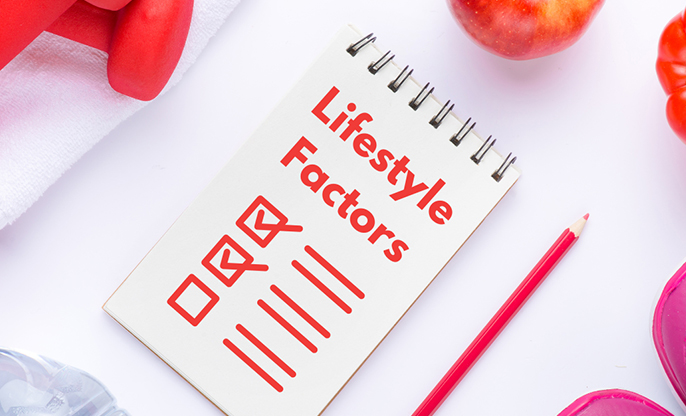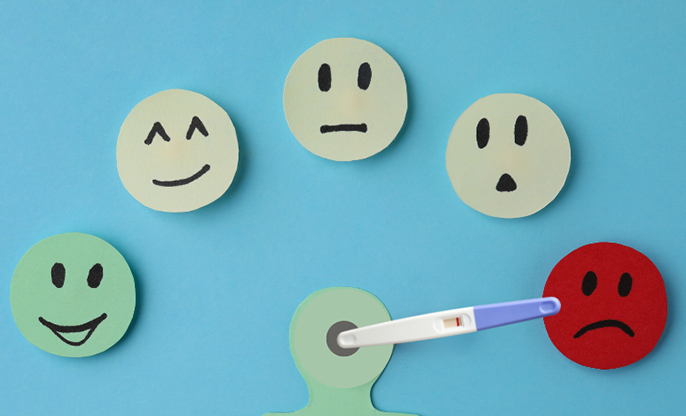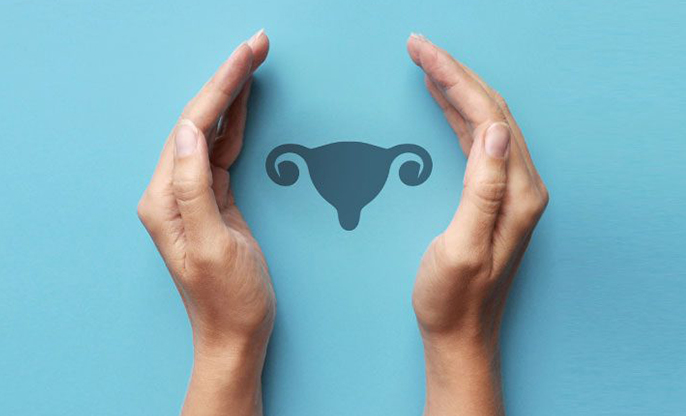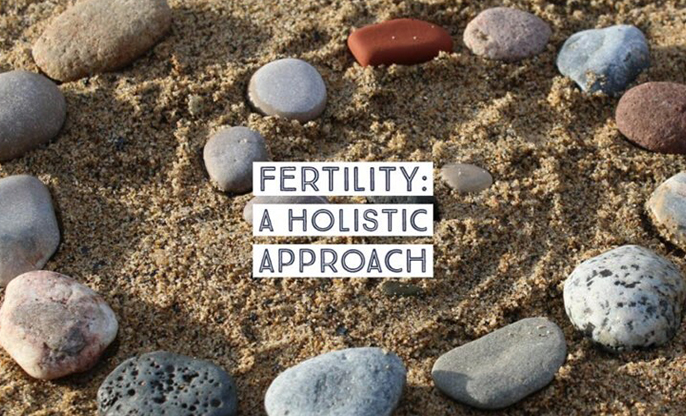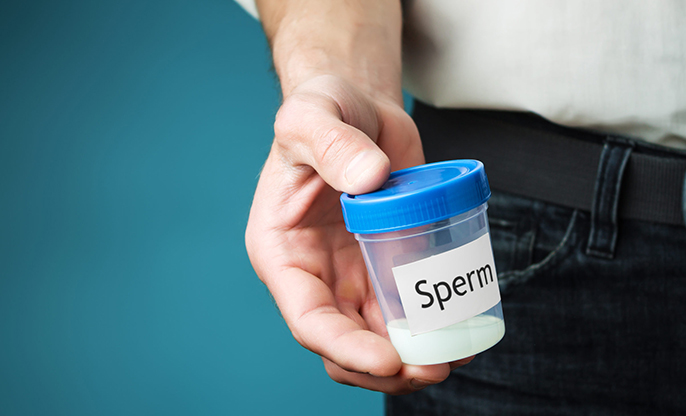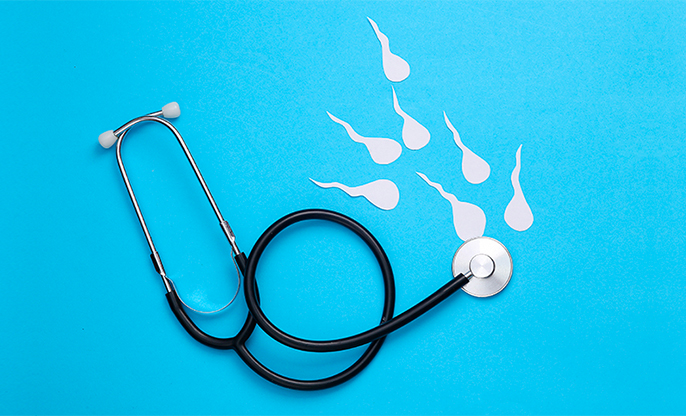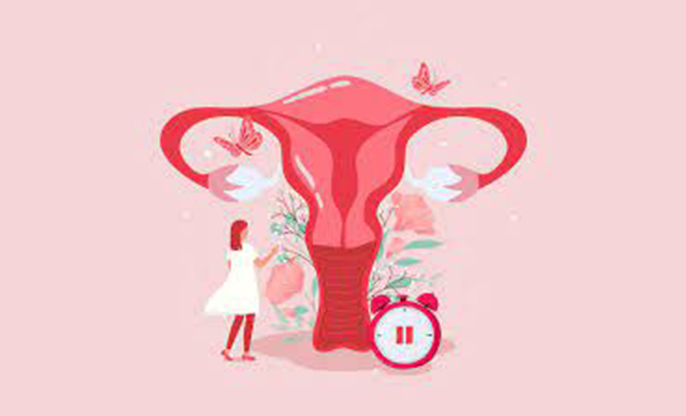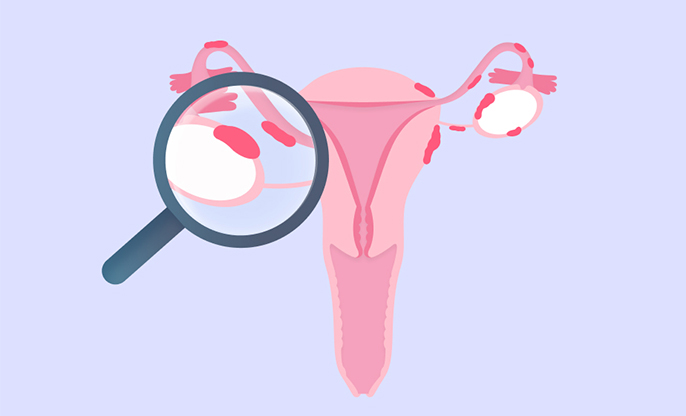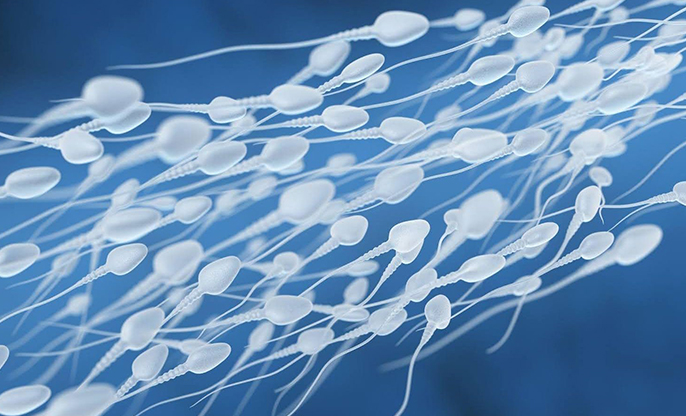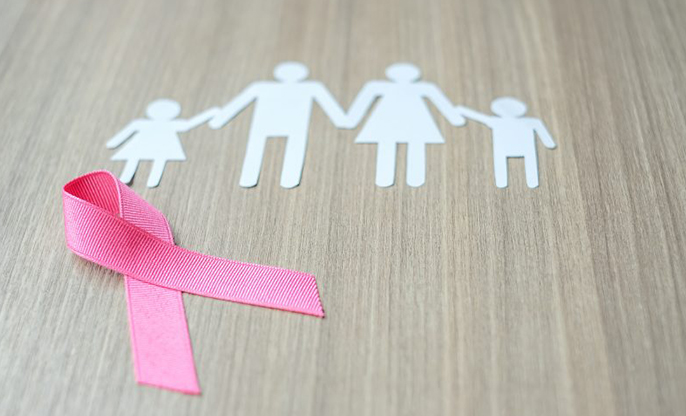
(Part I)
Facts: Influence
of diet on fertility
·
Diets high in unsaturated fats, whole
grains, vegetables, and fish have been associated with improved fertility in
both women and men.
·
Current evidence on the role of dairy,
alcohol, caffeine, saturated fats, and sugar have been associated with poorer
fertility outcomes in women and men.
·
Women and men with obesity [body mass
index (BMI) ≥ 30 kg/m2] have a higher risk of infertility. This risk
is extended to women who are underweight (BMI <20 kg/m2).
· Diet and BMI influence outcomes during clinical treatment for infertility.
There is strong evidence that healthy preconception dietary patterns among both men and women of reproductive age have a beneficial effect on fertility. A dietary pattern consistent with high consumption of whole grains, monounsaturated or polyunsaturated oils, vegetables, fruits, and fish has been associated with improved fertility in women along with higher semen quality in men.
According to a recent study;
Women who had the highest intake of a “fertility diet” comprised of plant protein from vegetable sources, full-fat dairy foods, iron, and monounsaturated fats, during the preconception period, were found to have a 66% lower risk of infertility related to ovulatory disorders and a 27% lower risk of infertility due to other causes compared to women with the lowest intake of this diet pattern, controlling for age, body mass index (BMI), alcohol intake, coffee intake, smoking, and oral contraceptive use.
GUT MICROBIOTA
· Gut has long been recognized
as a vital component of overall wellbeing and recent scientific discoveries
have shed light on its connection to fertility.
· The human gut is home to
trillions of bacteria, viruses, fungi, and other microorganisms collectively
known as the gut microbiome. This complex ecosystem plays a crucial role in
various aspects of health, including digestion, immune function, and even
mental wellbeing. The composition of the gut microbiome is influenced by a
multitude of factors, such as diet, lifestyle, medication use, and stress
levels.
Correlation between the gut microbiome and reproductive health
1. Inflammation and Hormone Regulation: Inflammation can disrupt hormone production and signaling,
potentially leading to irregular menstrual cycles, ovulation problems.
2. Nutrient Absorption and Metabolism: Certain gut bacteria are responsible for producing
essential vitamins and metabolizing hormones. Imbalances in the gut microbiota
can impair nutrient absorption, leading to deficiencies in key nutrients
required for reproductive health, such as folate, iron, and vitamin D.
3. Estrogen Metabolism: Estrogen, a hormone crucial for female fertility, undergoes a process
called metabolism in the gut. Imbalances in the gut microbiota can alter this
process, leading to imbalances in estrogen levels
4. Stress and Mental Health: The gut-brain axis, a bidirectional communication pathway between the gut and the brain, plays a vital role in mental health and stress regulation. Stress can influence the gut microbiota composition, which, in turn, can affect fertility. High levels of stress can disrupt hormone production & interfere with ovulation.
Relationship between gut microbiota
and infertility
· Androgens are also very
important hormones in women, and hyperandrogenaemia (HA) is a salient feature
of PCOS and a major contributor to hirsutism, acne, male pattern alopecia, and
anovulation in affected women.
· In women with PCOS, elevated
luteinizing hormone (LH) leads to the production of excess androgens by ovarian
theca cells, and low FSH contributes to impaired folliculogenesis and anovulation,
which is the most common reason for infertility secondary to ovulatory
dysfunction
· Excess androgen may result in dysbiosis of the host gut microbiota, and changes in the gut microbiome may influence the development and pathology of the endocrine systems of women, even in those with PCOS.


